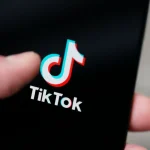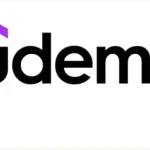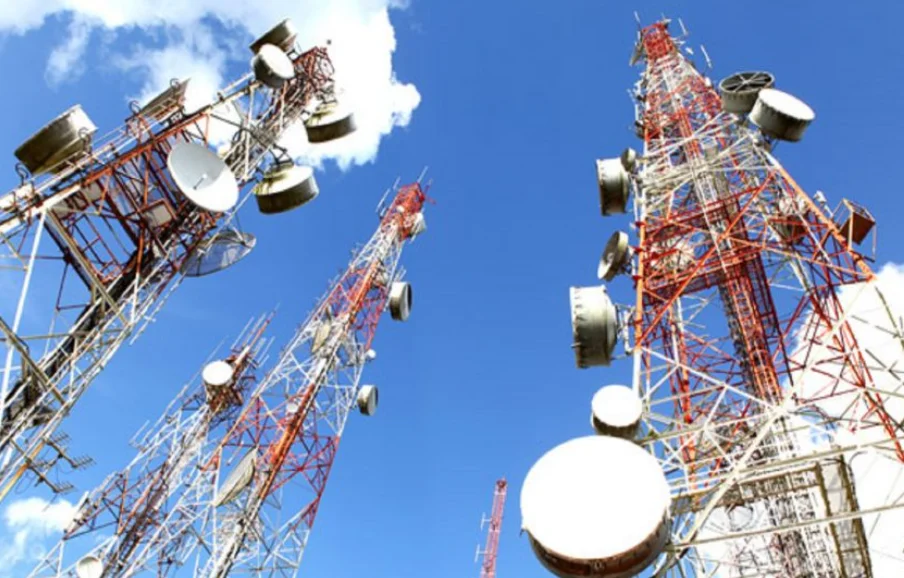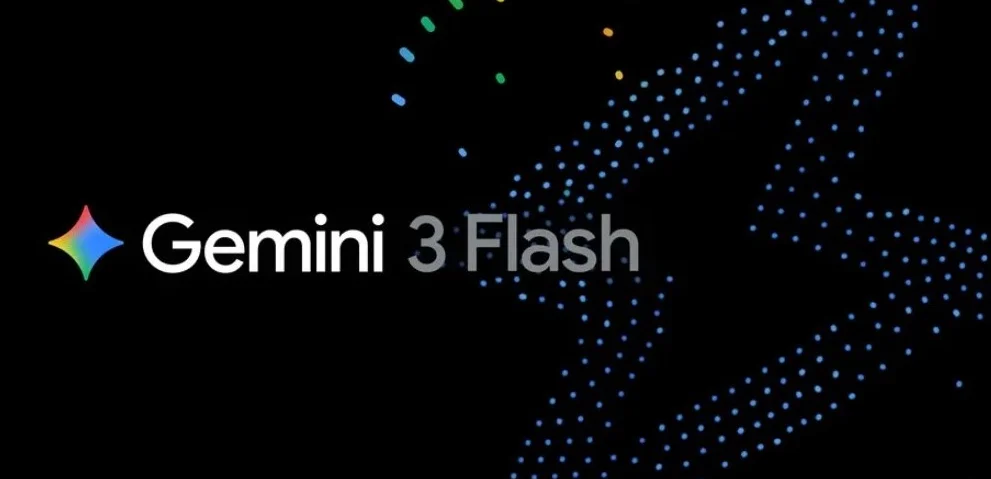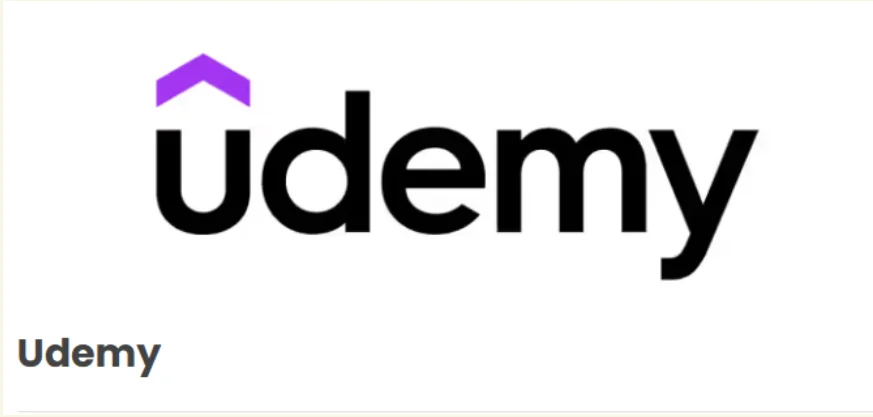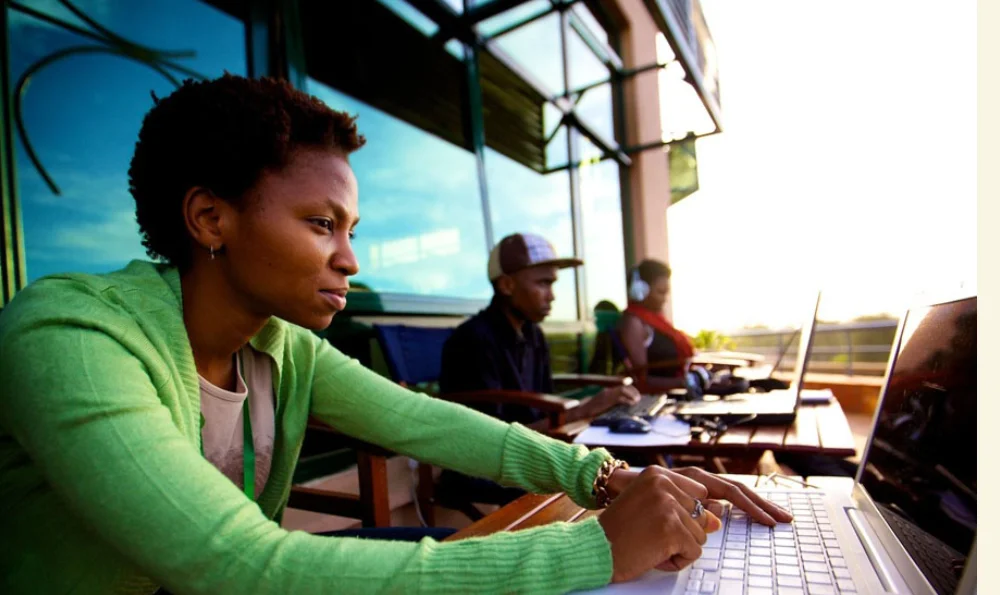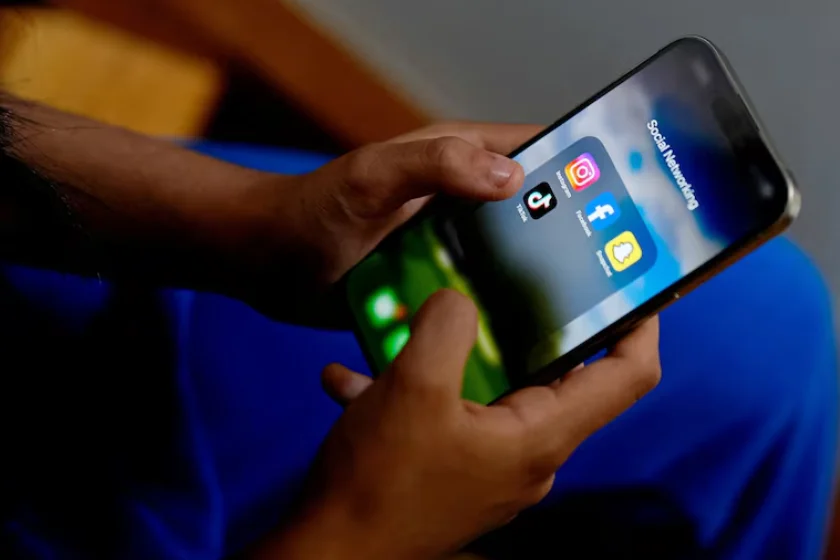The 50% hike in telecom tariff has drawn anger and anxiety across Nigeria. For instance, the Association of Telephone, Cable TV and Internet Subscribers of Nigeria (ATCIS-Nigeria) has given telecom operators a two-week ultimatum from the date of the tariff hike implementation in February 2025, to achieve significant improvement in service quality, warning that it will return to confront telecoms operators if services remain the same after two weeks of implementation of the 50% hike in tariff.
For millions, staying connected is no longer a matter of convenience but survival. The country, often dubbed Africa’s largest digital economy, now risks leaving its most vulnerable populations behind.
The effects of the price surge will ripple through every corner of society.
Students are on the brink of losing access to online learning platforms. Job seekers face additional hurdles in their search for employment. Doctors who rely on telemedicine to reach underserved areas see their work threatened. SMEs who rely on the internet to conduct their business risk increased operational expenses. Across all sectors, the human cost of this decision is mounting.
Telemedicine on the edge
Dr. Olumide Adeniyi runs a telemedicine service in Osun, providing virtual consultations to patients in rural areas. Many of his clients rely on low-cost data plans to access healthcare. The tariff hike jeopardises the lifeline his platform provides.“A lot of my patients are farmers or artisans who live far from hospitals,” Dr. Adeniyi says. “They can’t afford to spend ₦1,000 every time they want to consult a doctor. That’s why telemedicine is working, it’s affordable and accessible.
Essential services out of reach
Beyond education, healthcare, and job searches, the tariff hike will affect access to essential services. Government programs that require online registration, like the Corporate Affairs Commission (CAC), will become harder to navigate for low-income citizens.
Telecommunications have become as essential as electricity or clean water, yet the price hike will make them a luxury.
For many Nigerians, these increases are not just minor adjustments, they represent significant barriers to essential communication and digital access. What was once a necessary but manageable expense could now force millions to choose between staying connected and meeting basic needs.
Limited alternatives
Some Nigerians hope to switch to cheaper data plans or call/SMS rates – especially because there is competition, but these come with limitations. For instance, low-cost bundles often offer slower speeds and reduced data caps, making them impractical for tasks like streaming lectures, attending virtual meetings, or sending media files via the internet.





